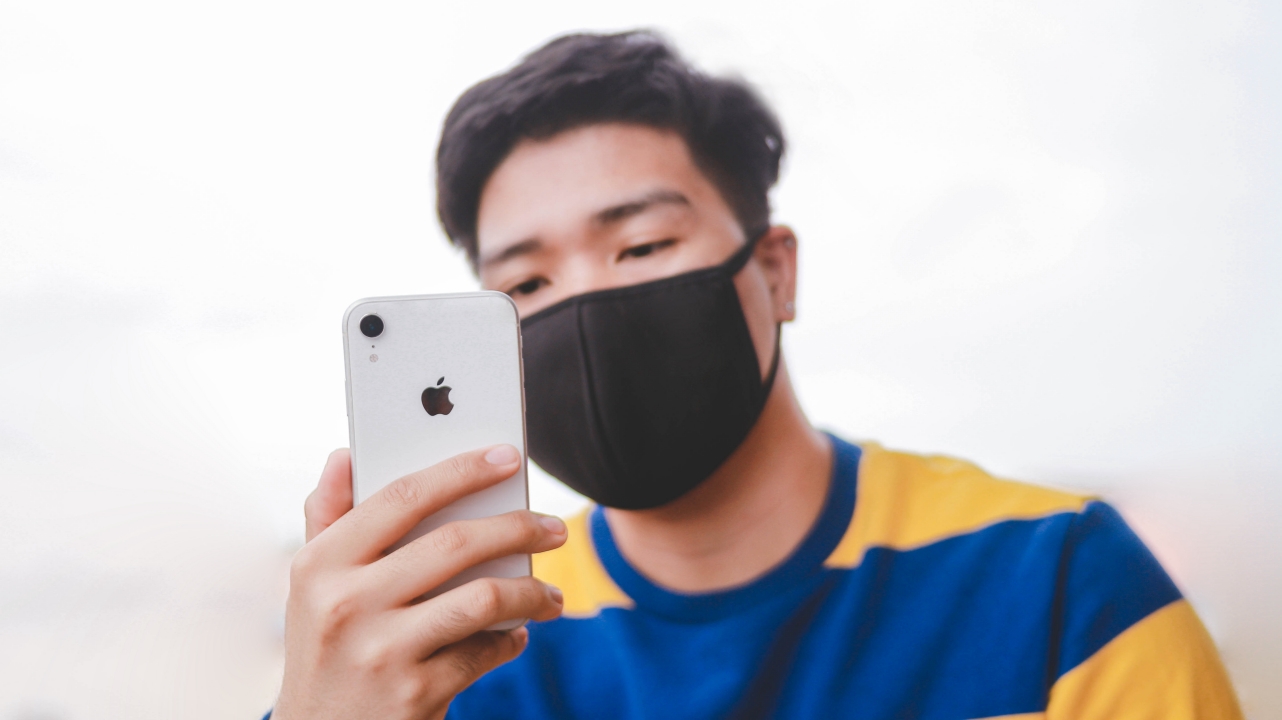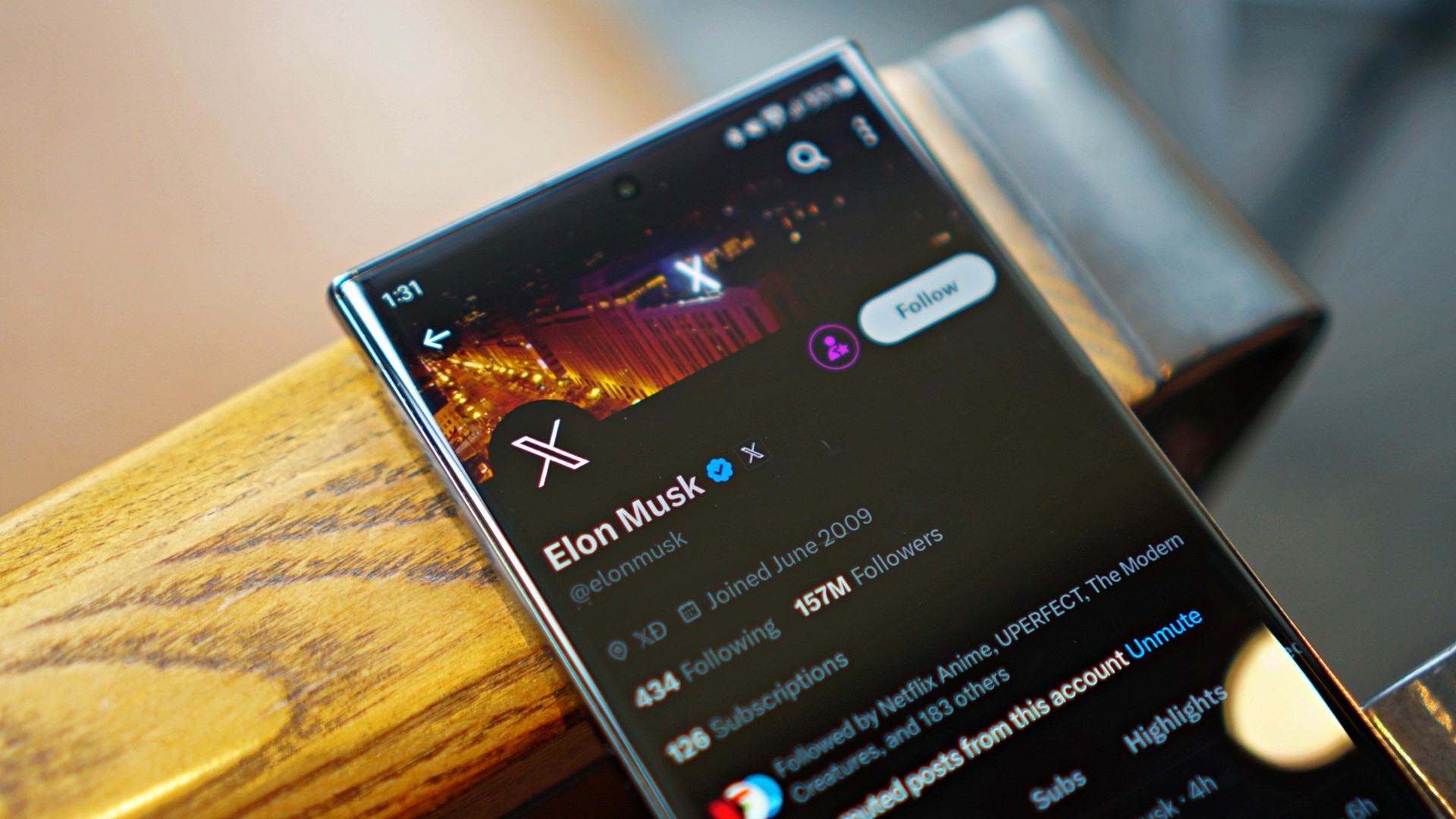News
iOS 14.5 update has arrived and Facebook isn’t happy about it
Face ID now works with a mask on

Apple first released iOS 14.5 and iPadOS 14.5 in February through its developer and public beta programs. A stable release is now rolling out for all users, and it contains a lot of new features that’ll make your life easier, but the same can’t be said about Facebook.
ATT
The update has a new privacy change that gives users more transparency and control over apps that want to track them for advertising. Apple is officially calling it App Tracking Transparency (ATT). Of course, it’s not just Facebook that will feel the impact of ad tracking being an opt-in feature; the entire advertising industry undoubtedly will also.
You can download iOS 14.5 or iPadOS 14.5 right now by going to Settings, followed by General, and finally Software Update. Just download and install the update, and you’re good to go. Once the device restarts, the new transparency controls are available under the Privacy banner in the Settings app.
If you allow apps to ask to track you, you’ll start to see prompts when you launch updated apps requesting permission to track your activity. Facebook alleges that Apple wants to reduce advertisements so that services are forced to opt for a subscription model, in turn, using App Store’s payment processing system.
FaceID with a mask on
The update also includes a nifty new trick that’ll come in very handy amid the Coronavirus pandemic. Due to a mask, Face ID doesn’t work, forcing users to depend on a passcode. Now, you can set up your Apple Watch to unlock your iPhone when you’re wearing a mask. A new “Unlock with Apple Watch” option is available in the Settings app.
iOS 14.5 has also upgraded Siri. There are now two voice options for those with English set as the main language on their devices. Siri will no longer default to a female’s voice, and you’ll be asked for your preference.

Accessories
Logitech introduces a dedicated shortcut for ChatGPT
Compatible with most keyboards and mice

Artificial intelligence is already meant to simplify a workflow. However, despite the ease, there are still a few ways to optimize the process. Today, Logitech has launched a new shortcut to launch ChatGPT straight from your mouse or keyboard.
Minus programmable hotkeys or buttons, there are hardly any built-in way to easily access an AI model. For a typical workflow, it still consists of manually opening the model on a separate window and keeping it within cursor’s reach throughout the day.
Logitech is simplifying the process by adding a dedicated shortcut for its devices. With a Logitech keyboard or mouse supported by the Logi Options+ app, users can program a keyboard or mouse button for the new Logi AI Prompt Builder.
Once activated, the AI Prompt Builder automatically accesses easy options for highlighted text. For example, users can easily rephrase or summarize the text. Likewise, they can input their own custom queries. By eliminating a few clicks and some typing throughout the day, the new tool hopes to save you time.
While most Logitech keyboards and mice are compatible with the new tool, it is also more easily accessible with the new Logitech Signature AI Edition Mouse. The new mouse has a dedicated button just for AI prompts. If you’re an AI power user, this one is perfect for you.
SEE ALSO: Logitech unveils G Pro X 60 gaming keyboard: Price, details

Despite the ease that the technology promises, artificial intelligence still isn’t the most reliable thing you can depend on. Today’s models can still flub answers. Now, the pitfalls of AI are abundantly clear with a few mishaps on X. Golden State Warrior Klay Thompson was just “accused” of a vandalism spree involving bricks.
Late Tuesday night, X presented an AI-generated news snippet. The article, posted soon after the Warriors’ play-in loss to the Sacramento Kings, reads: “Klay Thompson Accused in Bizarre Brick-Vandalism Spree.”
The snippet hilariously described an incident where Thompson supposedly vandalized houses in Sacramento with bricks. Thankfully, according to the snippet, no one was hurt. It even had a few sources for its claims below the news summary.
First off… I am ok.
My house was vandalized by bricks 🧱
After my hands stopped shaking, I managed to call the Sheriff…They were quick to respond🚨
My window was gone and the police asked if I knew who did it👮♂️
I said yes, it was Klay Thompson
— LakeShowYo (@LakeShowYo) April 17, 2024
The sources, however, are just joke posts stemming from the recently concluded game. In that do-or-die game, Thompson put up a staggering 0 points on ten shot attempts, the most misses without a make by a Warrior since the ’68 season. Naturally, everyone joked that the Warriors guard just threw bricks all over Sacramento.
Now, X is currently experimenting with a new AI feature called Grok. The model collates trending topics and creates snippets of what’s happening for X users. However, it’s not exactly the smartest in determining real news from satiric ones. The feature notes as much, carrying a fine-print caveat warning users to “verify its outputs” because it’s an early feature and can make mistakes.
SEE ALSO: New X users must pay a dollar per year to post and reply

New users on X might soon face a tough time on the platform. The social media website will likely start charging new accounts a small fee for the right to post on the platform.
Now, the fee isn’t a new one. Almost six months ago, the company tested the paid system in New Zealand and the Philippines. New users in those countries had to pay a dollar per year for the ability to post and reply to content.
As spotted by X Daily News on the same platform, the company might be ready to take the experiment to a larger market. New text strings have shown that the policy is rolling out worldwide.
SPECULATION: X might be expanding its policy to charge new users before they reply/like/bookmark a post https://t.co/odqeyeiHBx pic.twitter.com/EU71qlwQ0D
— X Daily News (@xDaily) April 15, 2024
The policy is designed to combat a wave of bots appearing on the platform. By preventing new accounts from creating posts, X hopes to stave off the standard behavior of bots these days. You might have noticed them as OnlyFans creators in unrelated posts, peddling NSFW content on their bio.
Though the global rollout was only just spotted, owner Elon Musk has seemingly confirmed the change. Replying to X Daily News, Musk says that it is “the only way to curb the relentless onslaught of bots.” He says that the current breed of bots can easily bypass simple checks these days.
-

 Accessories2 weeks ago
Accessories2 weeks agoApple Vision Pro Review: Two Months Later
-

 Features5 days ago
Features5 days agoFortify your home office or business setup with these devices
-

 Gaming1 week ago
Gaming1 week agoThe Rogue Prince of Persia looks like an ultra-colorful roguelite
-

 Events1 week ago
Events1 week agoStellar Blade: PlayStation taps cosplayers to play Eve for game’s launch
-

 Gaming1 week ago
Gaming1 week agoStar Wars Outlaws release date revealed
-

 Accessories1 week ago
Accessories1 week agoLogitech unveils G Pro X 60 gaming keyboard: Price, details
-

 Philippines2 weeks ago
Philippines2 weeks agovivo Y100 to release in Philippines on April 27
-

 Deals2 weeks ago
Deals2 weeks agoSamsung Awesome April: Deals on Galaxy A series






















